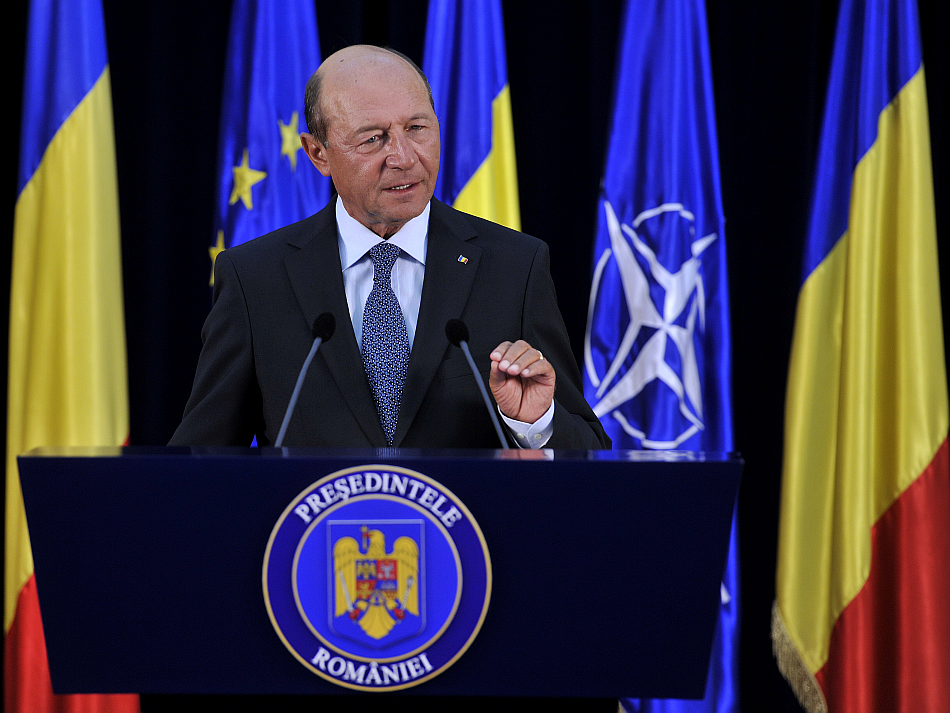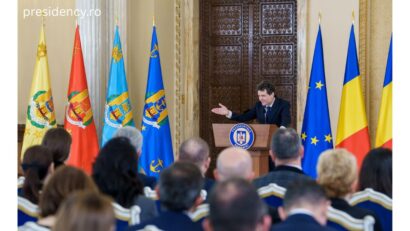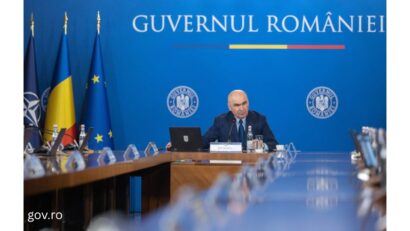Syria and Its Chemical Weapons
The situation in Syria further makes the headlines internationally.

Corina Cristea, 10.09.2013, 13:30
Romania has embraced the international declaration issued at the G20 summit in St Petersburg, which firmly condemns the use of chemical weapons and the chemical attack in which the regime in Damascus is accused of having killed over 1,400 people. President of Romania Traian Basescu however emphasized that the signatories were aware that a peaceful solution must be identified:
Traian Basescu: “A military conflict must be avoided, a military decision must not be taken before the UN experts present their report, and the solution that Romania supports is the one of negotiations, leading to free elections in Syria.”
On the other hand, president Basescu announced that, in case an armed intervention was launched, Romania would not be involved, as it lacks the military resources for such operations. The latest developments in the political arena tend to indicate a political solution for Syria, although just days before, a military intervention seemed imminent. Syrian foreign minister Walid Muallem hailed Russian foreign minister Sergei Lavrov’s call on Damascus to surrender its chemical weapons to the international community and to have them destroyed.
Lavrov made that proposal after the US Secretary of state John Kerry had recently said that Syria might avoid a military strike if it surrendered its chemical arsenal to the international community within a week. The US president, who asked for the approval of the US Congress for a military operation in Syria, has welcomed the Russian proposal. Placing the Syrian chemical weapons under international control may be a major breakthrough, says Barrack Obama, although he is rather skeptical that that will actually happen.
Estimated at over 1,000 tons, the Syrian chemical arsenal is seen as one of the most sizeable in the world. And neutralizing it might prove rather delicate to do, amid a civil war that has already killed over 100 thousand people, as news agencies report. UN Secretary General Ban Ki-moon supports the idea launched by Russia, while French foreign minister Laurent Fabius says the plan deserves careful consideration. British prime minister David Cameron warned however that that might prove to be a mere distraction, while German Chancellor Angela Merkel only described the proposal as “interesting.”






























